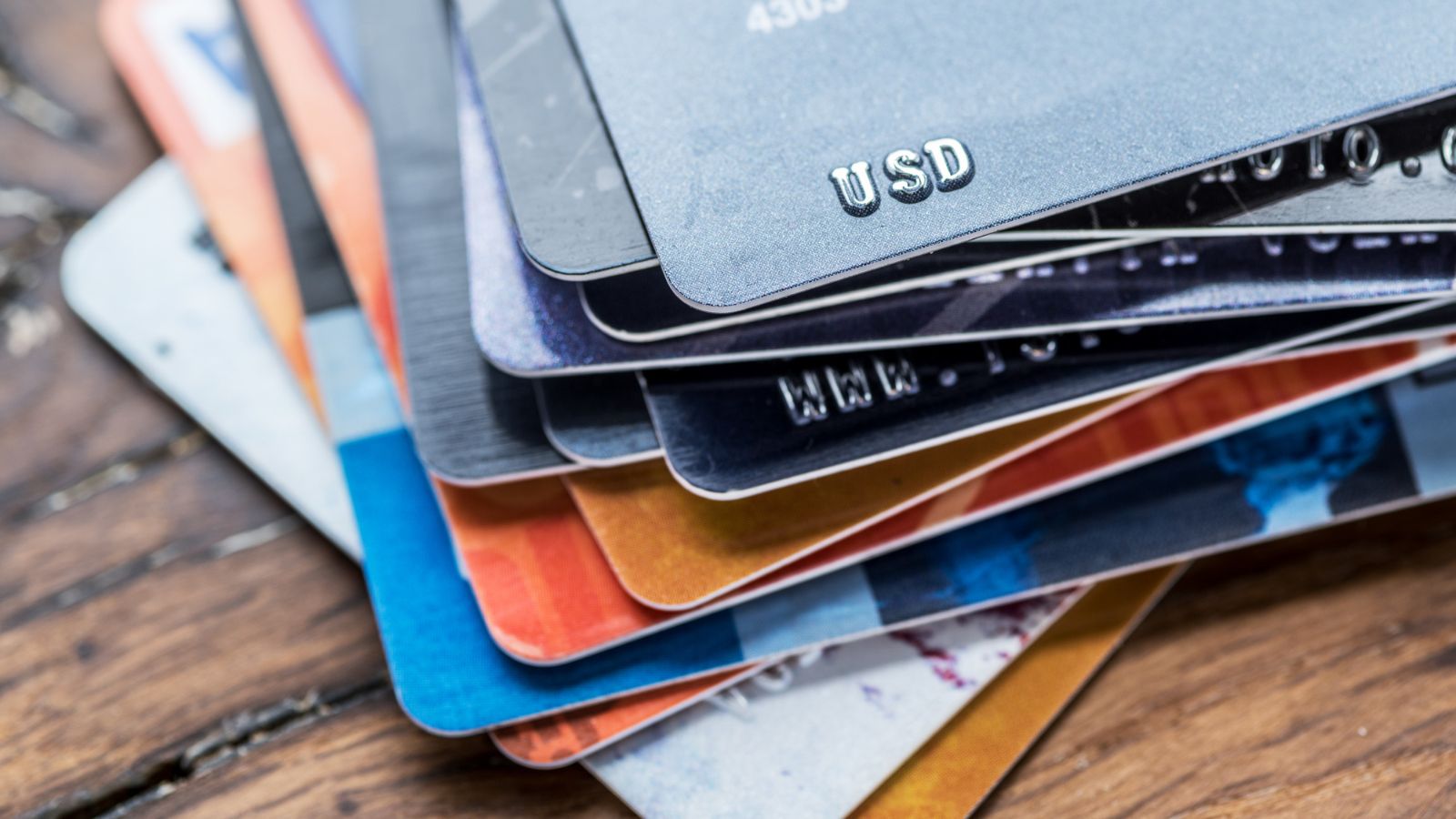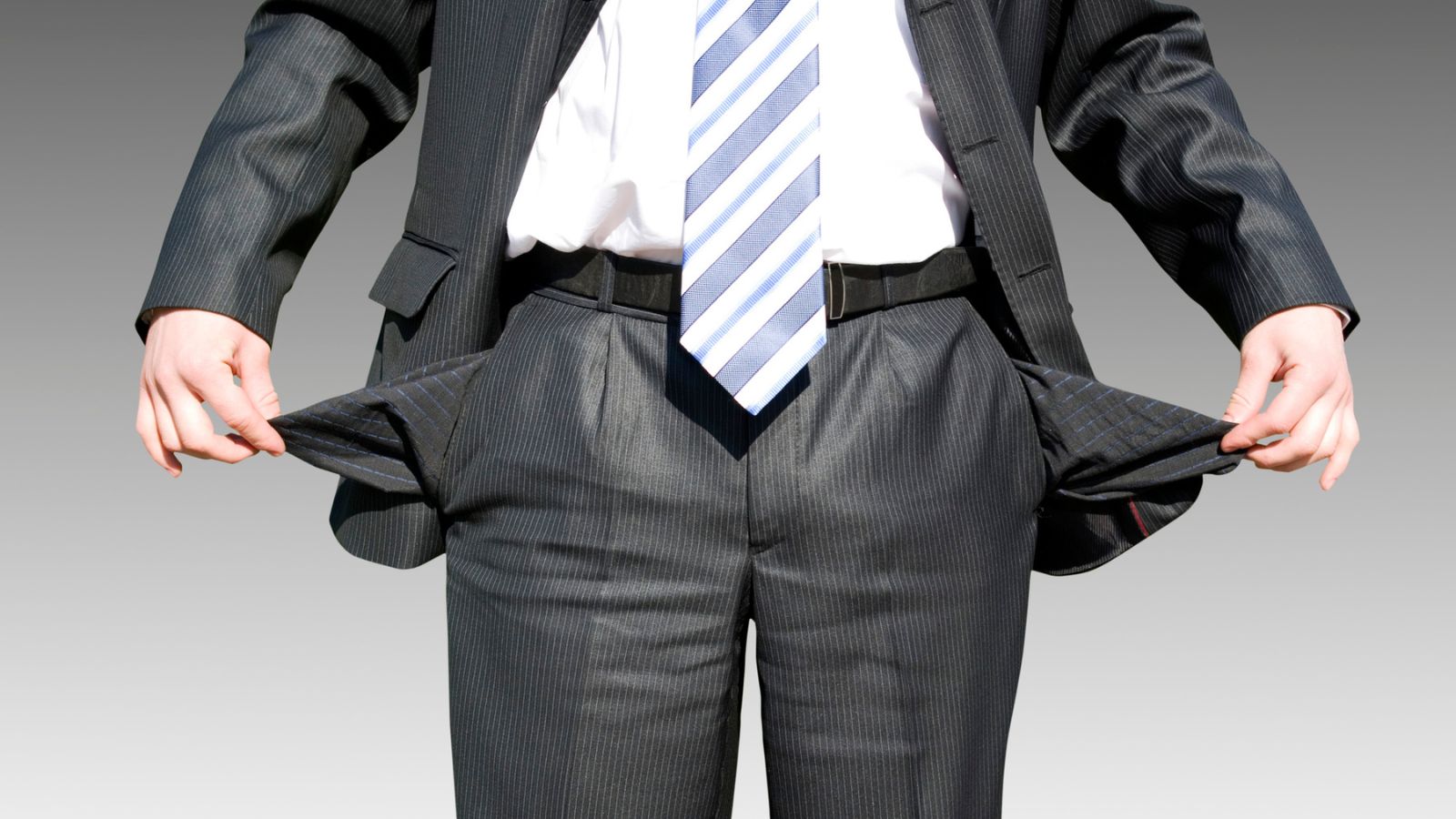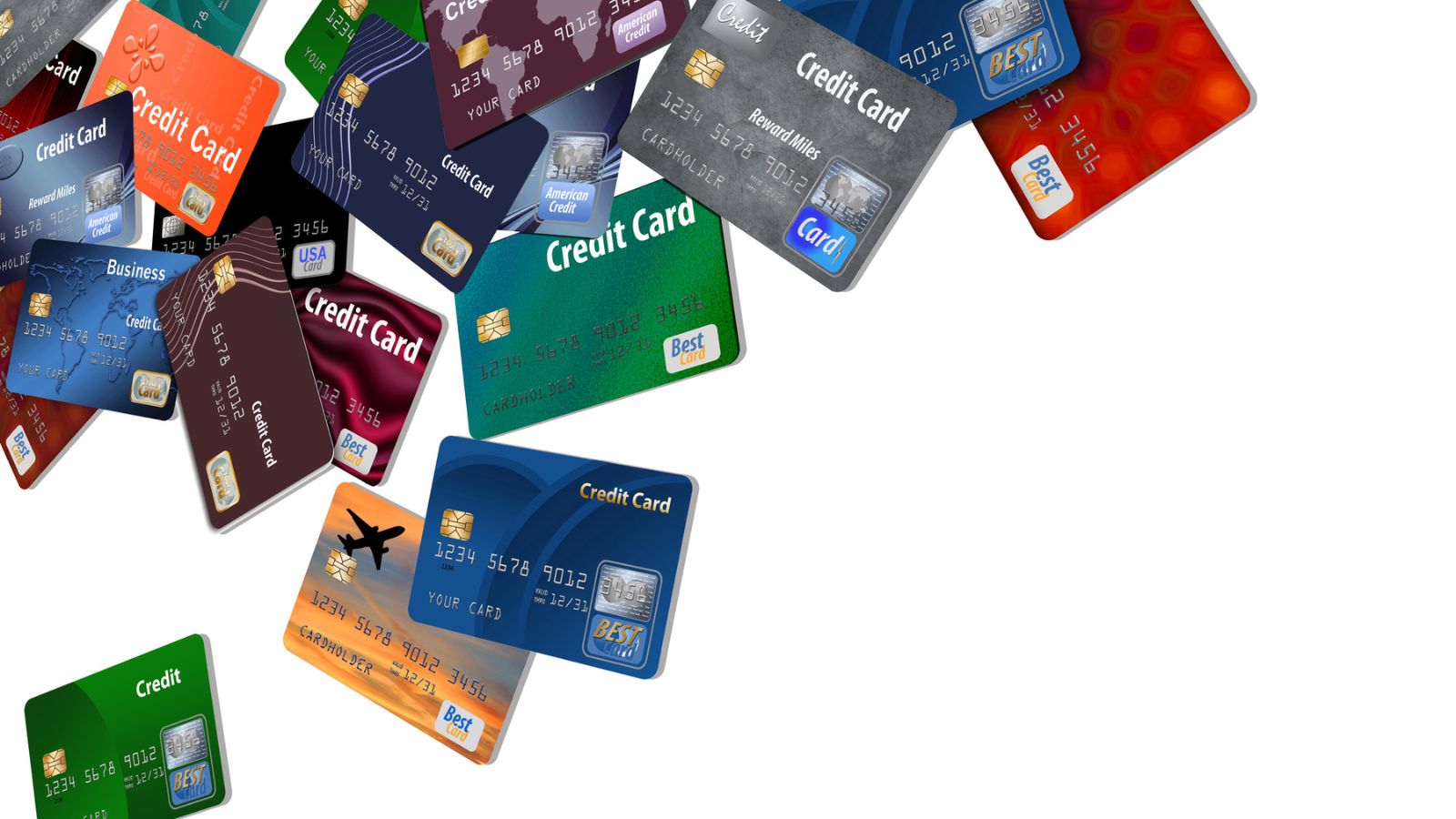Having good credit has many benefits, like getting better terms for loans and lower interest rates on credit cards. But to build a good credit score, it’s important to stay away from actions that harm your credit reputation. This article aims to guide you through the various ways people often damage their credit, helping you learn how to build a strong credit score.
1. Missing Payments

Initially, a slightly late payment might not have a big impact, but once you’re 30 days late on a payment, your biller labels it as delinquent and reflected in your credit report. This negative mark can stay for a considerable time, up to seven years if it reaches 90 days past due. It’s crucial to pay at least the minimum due on time to avoid damaging your credit score.
2. Getting a Credit Card Without Stable Employment

When applying for a credit card, your monthly income is a key factor considered by the issuer. Without a steady income, making timely monthly payments becomes difficult. This leads to missed payments, which can significantly affect your credit score.
3. Opening Multiple Credit Cards Quickly

Rapidly opening several credit cards can be a red flag to lenders. It might indicate financial instability or overspending habits, both of which can lead to missed payments and higher debt levels. Each time you apply for a credit card, it triggers a “hard inquiry” on your credit report, causing a slight drop in your score.
4. Not Safeguarding Personal Information

Protecting sensitive information like your social security number, bank account details, and credit card numbers is crucial. If this information falls into the wrong hands, it can lead to identity theft. Fraudulent activities on your accounts can negatively impact your credit score. It is crucial to implement best security practices such as using strong passwords and two-factor authentication to make your accounts more secure.
5. Maxing Out Credit Limits

Using a large portion of your available credit affects your credit utilization ratio, which plays a significant role in determining your credit score. Keeping your credit usage below 30% of your available limit is generally recommended to maintain a healthy score. This requires being disciplined and always monitoring your expenditure.
6. Avoiding Credit Cards Altogether

While it might seem tempting to avoid credit cards after a bad credit experience, completely avoiding credit can result in a lack of credit history. This absence of credit activity can make it challenging to secure credit in the future for significant purchases like a home or car.
7. Having Only One Credit Card

Relying solely on one credit card can have drawbacks. If that card is lost, stolen, or declined, you might face difficulties. Also, having only one card can impact your credit utilization ratio negatively, affecting your credit score.
8. Closing a Card with the Highest Limit

If you close a credit card with a high credit limit, it impacts your credit utilization ratio. For example, if you have two cards with a combined limit of $20,000 and you’re using $2,000, your utilization is 10%. Closing the $15,000 limit card reduces your available credit to $5,000, raising your utilization to 40%. This increase in ratio might affect your ability to secure loans or mortgages and could result in higher interest rates.
9. Letting Someone Irresponsible Use Your Credit Card

When you lend your credit card to someone irresponsible, you’re liable for any purchases made, regardless of whether you authorized them. If the person maxes out the card or spends irresponsibly, it affects your credit negatively. The same applies if you add an authorized user who isn’t responsible for credit.
10. Falling Behind on Taxes

Unpaid taxes can lead to serious consequences, including damage to your credit score. The IRS can place liens on your property or garnish wages, which are reported to credit bureaus. A tax lien stays on your report until it’s paid off, plus seven years after it’s released, affecting your creditworthiness during that period.
11. Selling Your Home via Short Sale

A short sale, while resolving a mortgage issue, is considered a settlement and a major delinquency. It appears on your credit report for seven years and might have additional consequences, depending on state laws, where the lender could come after you for the remaining balance.
12. Not Paying Debts or Declaring Bankruptcy

Failing to make debt payments impacts your credit score significantly. Late payments, collections, and bankruptcies remain on your credit report for years, making it difficult to qualify for new credit or loans in the future.
13. Taking Advantage of Multiple Mall Card Offers

Applying for multiple credit cards during shopping offers might seem appealing for discounts but triggers hard inquiries on your credit report. Several inquiries within a short time can decrease your score. Additionally, having multiple new accounts lowers the average age of your credit history, which can negatively impact your score.
14. Putting in Too Many Credit Applications

Each application for credit initiates a hard inquiry, impacting your score. Multiple inquiries suggest financial strain and can lower your score. It’s advisable to apply only when necessary to avoid unnecessary hits on your credit report.
15. Closing Too Many Accounts at Once

Closing multiple accounts quickly reduces your available credit and might increase your credit utilization ratio. It can also shorten your credit history and impact your credit mix, all affecting your credit score negatively. This makes it hard to get credit when you need it in the future.
50 Super Simple Side Hustle Ideas

50 Super Simple Side Hustle Ideas (& How to Make Them Work)
10 Frugal Lessons I Learned From Being Flat Out Broke

10 Frugal Lessons I Learned From Being Flat Out Broke
How To Make Money Without a Job

How To Make Money Without a Job
Creative Ways To Make Money

20 Easy Ways to Raise A Credit Score Fast

Read More: 20 Easy Ways to Raise A Credit Score Fast
Frugal Living Tips: The Essential Guide To Start Saving Money

Frugal Living Tips: The Essential Guide To Start Saving Money

